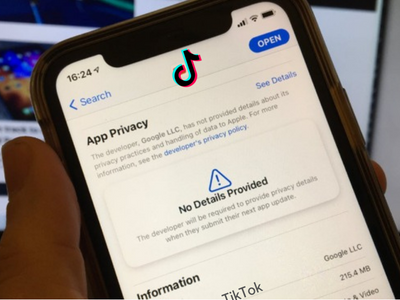
How to Create a Retirement Budget?
Many people are concerned about running out of money when they retire. Creating a retirement budget will assist you in ensuring that this does not occur. A retirement budget lays out the funds you’ll receive in retirement and how you’ll use them to pay for all of your daily bills and unforeseen expenses.
“It is always beneficial to draft a retirement budget when preparing to retire or already in retirement,” says Janet C. Steinke, a senior wealth advisor for Buckingham Advisors in Dayton, Ohio. “This helps establish what will be needed and how this need will be met.”
Starting with a reasonable approximation of your retirement income
How much money will you need per month after you retire? Often the solution isn’t clear. “It is widely recommended that a retiree take their pre-retirement income and estimate 70% to 80% as a good retirement budget,” Steinke says. If you’re still employed and earning $100,000 a year, you might estimate that in retirement you’ll need $70,000 to $80,000 per year as a starting point.
Also Read: 5 Stocks that are upgraded you need to buy in March
Determine How Your Expenses Will Change When You Retire
Consider your hopes for the future. It’s time to account for lifestyle adjustments after you’ve got a rough idea of how much money you’ll need. “Reduce things like a clothing allowance if professional clothing is no longer needed, or reduce meals eaten out if your spending pattern is likely to change,” Steinke advises. Include any improvements in your lifestyle or hobbies that will boost your spending in some areas.
Take a peek at how much money is coming in
Rather than getting a single paycheck from your employer per month, you will most likely be coping with numerous sources of income in retirement. You may expect to collect Social Security checks whether you or your partner (or both) have enough job credits. These benefits are based on your salary history, and by establishing my Social Security account, you will get a personalized calculation of your Social Security retirement payout.
In addition, whether you have a 401(k), an IRA, or another form of retirement account, check how much money you have invested in it. “Talk to the employer’s human resources department for information if you are still working and will earn a pension,” says Michael Micheletti, senior director of corporate relations at Freedom Financial Network in San Mateo, California. Take into account all other sources of revenue, such as savings accounts, rental income, or a side job you want to start or continue after retirement.
Make a budgeting plan
You can set up a monitoring system after calculating your expenses, adapting for new lifestyle changes, and factoring in your real income streams. Micheletti advises, “Choose your budgeting tool.” If you already use an app or program for your retirement budget, you might want to stick with it. A spreadsheet or pen and paper may also be used. Micheletti advises, “Choose what is more convenient for you.”
You might be able to save money on housing by downsizing your home or on transportation by restricting your travel plans. If you’re not yet retired, you might look for ways to supplement your income by growing your savings, taking on a job in retirement, or selling a large asset you no longer need, such as a boat or second car.
Also Read: Why Minorities are Overpaying for Vehicle Insurance?
Experiment With Your Budget
It’s a smart idea to put your retirement savings to the test when you’re still working and you’ve set up a budget. “Make that your current monthly budget and keep working,” Buhrmann suggests. “Any profits over your current monthly budget should be directed to your 401(k) or other savings accounts to improve your balance during your ‘test drive.’”
After putting your retirement budget to the test for a few months, you’ll have a decent idea of how much money you’ll need in retirement. If you’re still employed, you may consider increasing your savings to have more money available later. “If you feel financially secure after your test drive, you might be closer to calling yourself a retiree than you think,” says the author Buhrmann.





